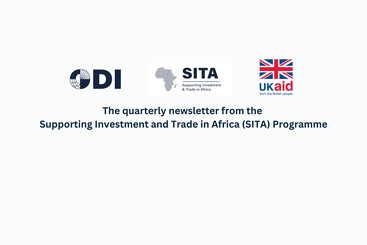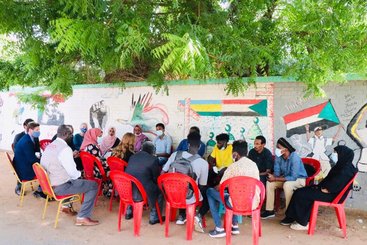The African Continental Free Trade Area (AfCFTA) provides an opportunity for African countries to diversify and transform their economies by addressing liberalisation of tariffs, removal of non-tariff barriers, and implementation of trade facilitation measures. For Rwanda, implementation of the agreement is estimated to lead to an increase in real incomes by 3.2%, intra-Africa exports by 38% and intra-Africa imports by 35% by 2035.
However, the reduction of tariffs could lead to a decrease in tariff revenue of 15.3%, which can be offset by an increase in value-added tax, excise duties and the AfCFTA Adjustment Fund. But more importantly, by placing gold, the main driver of the tariff revenue loss, amongst the lists of sensitive products. The AfCFTA will also help Rwanda expand its exports to key markets like South Africa, Nigeria, Morocco, and Ghana which would increase export revenue. Furthermore, as the agreement addresses climate change, gender equality, and poverty alleviation, it would foster more inclusive and sustainable trade in the country.
Recommendations
The African Continental Free Trade Area (AfCFTA) agreement aims to create a single market for goods and services among African countries, with the goal of increasing intra-African trade and promoting economic development. One of the key aspects of the AfCFTA is the reduction of import tariffs, which can lead to a loss of revenue for countries that rely heavily on these tariffs. However, the promotion of trade and investment, improvements in infrastructure, trade facilitation measures, and targeted policies can help Rwanda reap the benefits of the AfCFTA in an inclusive manner.
Rwanda may consider including gold among its sensitive products to minimise the loss in tariff revenue. The implications of excluding gold are minimal from the welfare point of view.
In addition, to maximise the deep integration impact of the AfCFTA, Rwanda can consider the following recommendations:
- increase and diversify exports to non-EAC and non-COMESA African markets
- improve the investment climate
- invest in trade-related infrastructure and human capital
- improve domestic tax collection
- promote trade facilitation
- prioritise poverty reduction, gender equality and climate change.
Overall, Rwanda has the potential to benefit significantly from AfCFTA by increasing trade and promoting economic growth. By implementing these recommendations, the country can take full advantage of the opportunities presented by the agreement while minimising the welfare losses associated with tariff liberalisation and increased competition.




